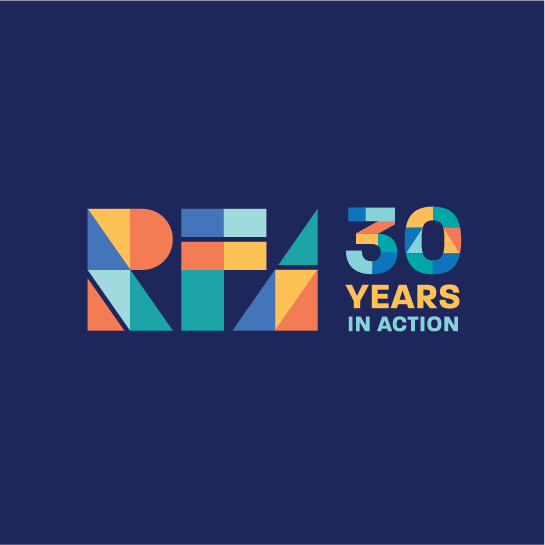As RFA marks 30 years in action, we are pleased to share a snapshot of how we are using research and partnerships to advance racial and social justice for students and families:
Putting research into action…
- For communities and subjects we research: Building on our history and legacy of participatory action research, with investment from the Barra Foundation, we developed a theory and model for infusing meaningful community engagement practices into research. This work is being led by Saxon Nelson.
- For early childhood educators: More than 4,000 early childhood educators informed our work to assess whether a lead teacher certification would close gaps in attracting and retaining early childhood educators.
- For Philadelphia and other urban school districts: PERC conducts equity focused and community- and practitioner-informed research that can be leveraged at the right time by the right people for real change in Philadelphia.
- In higher education: Our groundbreaking study on developmental education reform in California’s community college system will provide the field with data on the supports needed for students to persist and succeed in community colleges.
- For marginalized students: We are studying how investments and initiatives aimed at closing racialized attainments gaps in higher education can support BIPOC students.
- For policymakers: Our ACER and PACER initiatives distill research into actionable policy considerations on key topics, such as homelessness, diversifying Pennsylvania’s educator workforce, and the inequities in Pennsylvania’s special education funding formula.
- To strengthen the school to career pipeline: Our examination of the tradeoffs in cost and quality in virtual and hybrid summer youth employment programming for the Philadelphia Youth Network’s WorkReady program providers and employers.
- For out-of-school time programs and practitioners: Our research on OST programs in the Philadelphia area distill best practices to strengthen and build the critical field of OST and impact student outcomes including attendance and belonging.
- In the age of COVID: Where Do We Go Next? asked 2,500 high school-aged youth about their experiences during a year shaped by the onset of the COVID-19 pandemic and how social and racial unrest impacted their wellbeing and feelings of readiness for life after high school—important considerations as schools will continue to grapple and learn from COVID in the years ahead.
